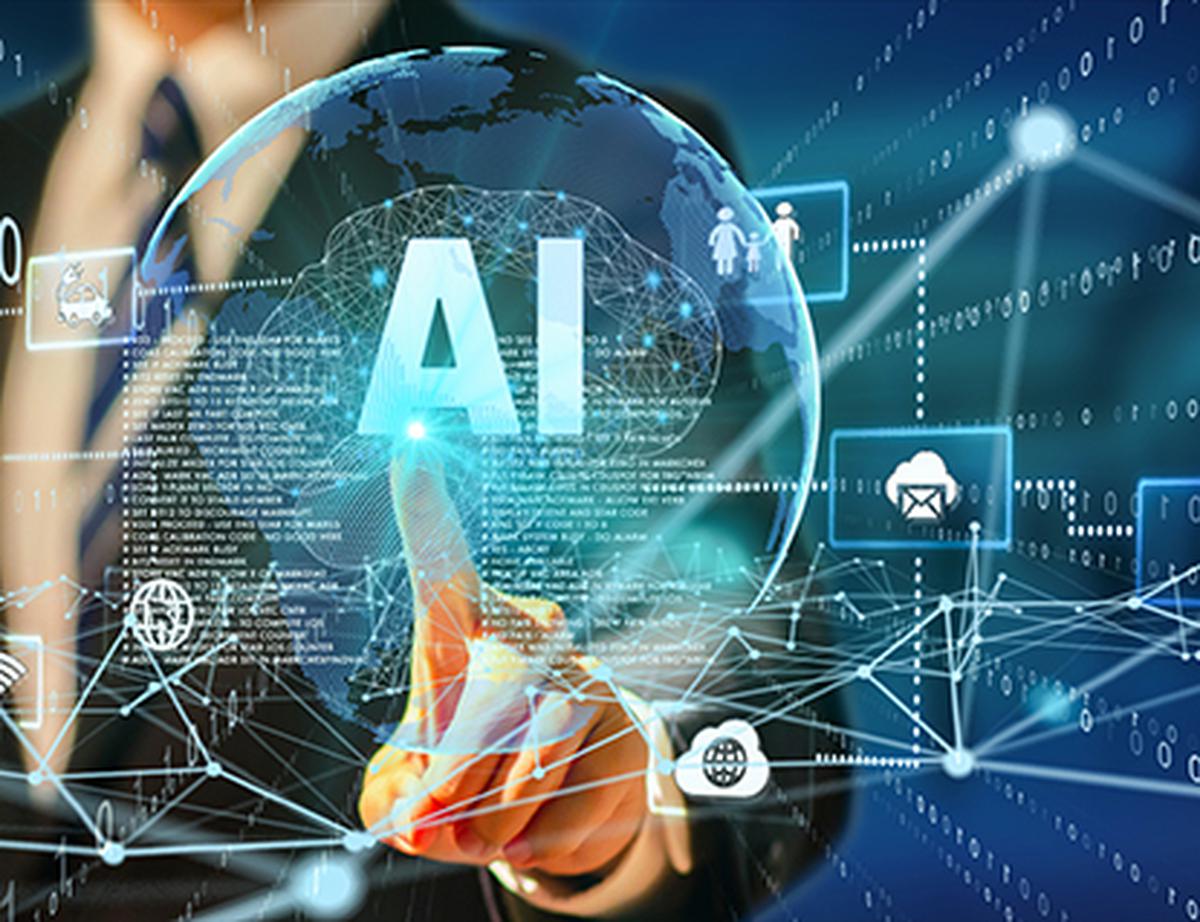Advantages of Artificial intelligence Ai
Artificial intelligence (AI) is a rapidly evolving field that has the potential to revolutionize many aspects of our lives. There are numerous advantages to using AI, including:
- Increased efficiency and productivity: AI systems can perform tasks faster and more accurately than humans, freeing up time for people to focus on higher-level tasks.
- Improved decision-making: AI algorithms can analyze large amounts of data and provide insights and recommendations for decision-making, reducing the risk of human error.
- Enhanced customer experience: AI can be used to improve customer service, for example through chatbots that can handle frequently asked questions and provide personalized recommendations.
- Increased accuracy and precision: AI systems can analyze data with a level of accuracy and precision that is beyond the capabilities of humans, leading to more accurate results in fields such as healthcare and finance.
- Improved safety: AI can be used in safety-critical industries, such as transportation and manufacturing, to improve safety and reduce the risk of accidents.
- Increased competitiveness: Companies that adopt AI technologies can gain a competitive advantage by being able to analyze data and make decisions faster and more accurately than their competitors.
- New job opportunities: The development of AI has led to the creation of new job opportunities in fields such as data science and machine learning.
- Improved personalization: AI can be used to provide personalized experiences and recommendations based on an individual's preferences and behavior.
- Enhanced security: AI can be used to improve security and reduce the risk of cyber attacks through the use of machine learning algorithms that can detect and prevent threats.
- Greater scalability: AI systems can process and analyze large amounts of data at a faster rate than humans, enabling organizations to scale their operations more efficiently.
- Improved accuracy in prediction: AI algorithms can analyze data and make accurate predictions about future trends and patterns, enabling businesses to make better informed decisions.
- Enhanced communication: AI technologies such as natural language processing (NLP) can enable computers to understand and interpret human language, improving communication between humans and machines.
- Improved data analysis: AI algorithms can analyze large amounts of data and identify patterns and trends that may not be immediately apparent to humans, enabling organizations to make more informed decisions.
- Enhanced automation: AI can be used to automate tasks and processes, reducing the need for human intervention and increasing efficiency.
- Improved accessibility: AI can be used to develop assistive technologies that can improve the accessibility of information and services for people with disabilities.
Improved natural language processing: AI can be used to improve the ability of computers to understand and interpret human language, enabling more natural and intuitive communication with computers.
Improved image and video recognition: AI algorithms can be used to analyze images and videos and identify objects, people, and other features, improving the accuracy and efficiency of image and video analysis.
Improved predictive maintenance: AI can be used to analyze data from equipment and systems to predict when maintenance is needed, improving the efficiency and effectiveness of maintenance processes.
Improved healthcare: AI can be used to analyze patient data and provide personalized recommendations for treatment, improving the quality of healthcare and enabling earlier diagnosis of diseases.
Improved financial analysis: AI can be used to analyze financial data and identify trends and patterns that can help inform investment decisions and improve the accuracy of financial forecasts.
Improved logistics: AI can be used to optimize logistics and supply chain management, improving the efficiency of transportation and distribution.
Improved natural language generation: AI algorithms can be used to generate human-like text, enabling the creation of personalized responses and enabling more natural communication between humans and computers.
Improved energy management: AI can be used to optimize the use of energy resources, improving the efficiency and sustainability of energy systems.
Improved transportation: AI can be used to optimize transportation systems and improve the efficiency of routes and schedules, reducing the environmental impact of transportation.
Improved education: AI can be used to personalize learning experiences and provide personalized recommendations for students, improving the effectiveness of education.
- Improved environmental monitoring: AI can be used to analyze data from environmental sensors and identify patterns and trends that can help inform the development of more sustainable practices and technologies.
- Improved agricultural productivity: AI can be used to optimize agricultural processes and improve the efficiency and yield of crops, helping to feed a growing global population.
- Improved disaster response: AI can be used to analyze data from weather sensors and other sources to predict and respond to natural disasters, improving the effectiveness of disaster response efforts.
- Improved public safety: AI can be used to analyze data from surveillance cameras and other sources to improve the accuracy and speed of emergency response and crime prevention.
- Improved human-machine collaboration: AI can be used to enable more seamless collaboration between humans and machines, improving the efficiency and effectiveness of tasks and processes.
Overall, the advantages of AI are numerous and varied, and its potential to improve efficiency, accuracy, and customer experience make it a valuable tool for businesses and organizations across a wide range of industries.









